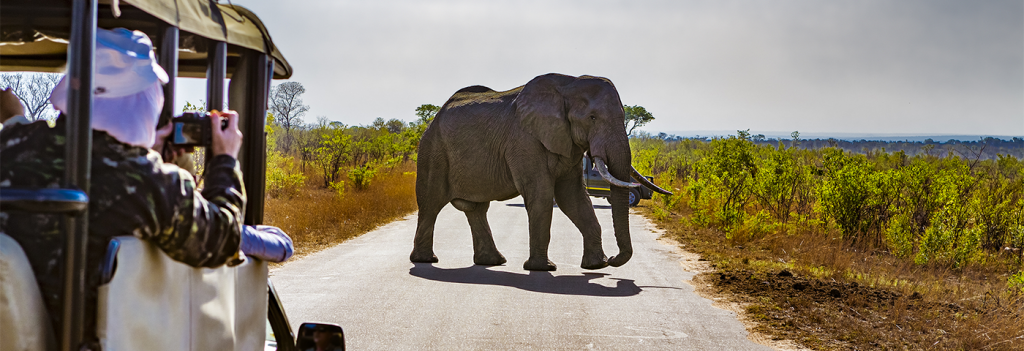There is a fundamental shift in consumer values towards experiences over things that bring happiness and well-being, with spending on experiences like travel, leisure and foodservice to rise to US$8 trillion by 2030. The experience trend is impacting across sectors, from the value placed on the dine-in experience in consumer foodservice, and the importance of the shopping experience in the retail sector, through to the priority some consumers give to experiences such as holidays, over purchasing the latest TV or latest fashion. Those at the frontline such as retailers and restaurateurs are tackling this trend head on by placing more emphasis on the consumer experience as a vehicle for boosting sales and margins: creating more intimate experiences with consumers, providing a seamless shopping environment whether online or in-store and personalising their offering.
To meet this trend, consumer-facing businesses are (or should be) focusing on:
- A sense of community: Experiences can be exclusive yet inclusive. A prime example of this is an easily-accessed community, which offers exclusive experiences only to its most loyal members.
- Authenticity: Consumers increasingly want authentic, natural and local experiences, embracing imperfection.
- Technology: Increasingly playing a role in consumers’ interactions with brands, whether in the path to purchase, during the experience or afterwards when they share their stories/images online with friends and family.
- Customisation: Where there is a unique 1 to 1 brand-consumer relationship is the Holy Grail for many marketers, offering deeper engagement, higher return on investments and loyalty, which is in scarce quantities in the age of price comparison.
- Brand love: Many brands are becoming creative about how they can engage before, during and after the purchase to develop consumer. Brand Love by providing value-added engagement and experiences.
The examples of Mozambique and Tanzania
Mozambique has a large coastal area covering 2,470km sprinkled with pristine beaches. In 2012, the Government of Mozambique announced the creation of the largest marine protected area in Africa, further elevating the status of its coastal areas. There are opportunities for surfing, water sports and activities, in addition to relaxing beach holidays. There are also islands off the coast of Mozambique, including the famous Bazaruto archipelago, which is a leading tourism destination. Mozambique also offers possibilities for adventure tourism: camping, hiking, trekking, mountain biking and many more activities are accessible to young and dynamic tourists visiting the country. In the future, the country could drive significant growth in arrivals through adequate marketing of such a diverse tourism product. Mozambique also offers strong potential for the development of ecotourism and ecolodges, including rural tourism. This would include a cultural dimension for visitors to discover the country from within, interact with its people and experience its nature. Also, the opening of the new Nacala International Airport added a new port of entry to the country. The airport is offered for private management and investments and could help drive more tourists to the country. Lastly, as of 2017, the country launched a visa on arrival procedure for all incoming tourists, thus facilitating a process which was previously lengthy and complex for tourists.
Tanzania offers a rich and diverse tourism product, extending from wildlife and safaris in its myriad of safari parks to beaches in Zanzibar, adventure tourism and hiking on Kilimanjaro as well as cultural tourism. In addition, the country also offers several UNESCO World Heritage sites, with such a wide range of activities and destinations making the country increasingly attractive to tourists from across the world. While arrivals from almost all regions in the world have been increasing at double digit pace, Asia Pacific recorded the strongest growth in 2017 as a result of aggressive marketing efforts in markets like China and India. Tanzania is becoming increasingly attractive to longer haul source markets thanks to a ‘combined package’ strategy, which is also being developed in partnership with Mauritius to attract tourists to several countries at once.
